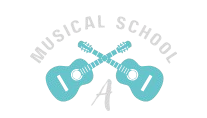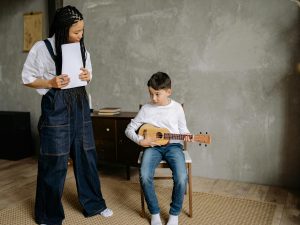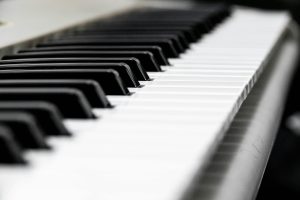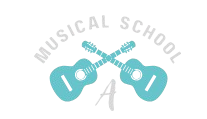As a parent, you want to give your child the best start in life — and music education is one of the most enriching gifts you can offer. But one of the most common questions we hear at [Your Music School Name] is: “When is the best age for my child to start music lessons?”
The answer isn’t one-size-fits-all. It depends on your child’s physical development, emotional readiness, and interest in music. Here’s what you should know to make the best decision for your child’s musical journey.
🎵 Why Start Early?
Studies show that music education in early childhood has long-lasting benefits:
- Boosts brain development, especially in language and math
- Improves memory, focus, and discipline
- Enhances coordination and motor skills
- Builds confidence and creativity
Starting young helps children absorb music naturally, just like a language.
🎹 Age-by-Age Breakdown
Ages 0–3: Musical Play & Exploration
At this stage, formal lessons aren’t necessary. But exposing your baby or toddler to music through:
- Singing lullabies
- Clapping and rhythm games
- Musical story time
- Dancing to music
…can develop their natural sense of rhythm and listening.
Many music schools (including ours) offer parent-and-tot music classes focused on fun, bonding, and early musical experiences.
Ages 3–5: Introductory Music Classes
At this age, attention spans are still short, but children can begin to understand basic music concepts through:
- Group classes
- Movement and rhythm exercises
- Simple instruments (like percussion or xylophones)
This stage is ideal for building a foundation in beat, pitch, and musical patterns in a low-pressure, playful environment.
Ages 5–7: Ideal for Starting Formal Lessons
This is often considered the sweet spot for beginning structured lessons on:
- Piano
- Violin
- Voice
- Ukulele
Why? Because:
- Fine motor skills are more developed
- Children can follow directions and practice at home
- They’re beginning to read, which helps with learning musical notation
Piano is a particularly great starter instrument because it teaches both melody and harmony visually and physically.
Ages 8–12: Expanding Choices
Older children are capable of:
- Longer practice sessions
- Advanced coordination (for instruments like guitar, drums, or wind instruments)
- Taking more responsibility for learning
They can choose an instrument that aligns with their interests, whether it’s classical violin or electric guitar.
This age is also great for joining ensembles, school bands, or choirs — which builds teamwork and motivation.
Teens & Adults: It’s Never Too Late
Contrary to popular belief, you’re never too old to learn an instrument. Teenagers and adults often:
- Progress faster thanks to more mature focus and motivation
- Benefit emotionally from the creative outlet music provides
- Enjoy music as a stress reliever and lifelong hobby
At [Your Music School Name], we welcome students of all ages and levels — from absolute beginners to returning learners.
👪 What Parents Can Do to Support
Regardless of your child’s age:
- Encourage regular practice in a positive way (not as a chore)
- Be patient — learning music takes time
- Celebrate progress, no matter how small
- Create a musical environment at home (play music, attend concerts, sing together)
Your involvement can make a huge difference in your child’s enjoyment and success.
🎶 Final Thought
There’s no perfect age to begin — only the right approach for your child. Whether they’re toddlers ready for musical play, school-aged kids ready to learn an instrument, or teens discovering a passion, the most important step is simply getting started.
At [Your Music School Name], we offer age-appropriate programs for every stage of musical development. Our experienced instructors will guide your child in a way that’s supportive, fun, and personalized.
Interested in finding the best music class for your child?
Contact us today to schedule a free trial lesson or consultation — we’d love to help your family get started on the right note.







